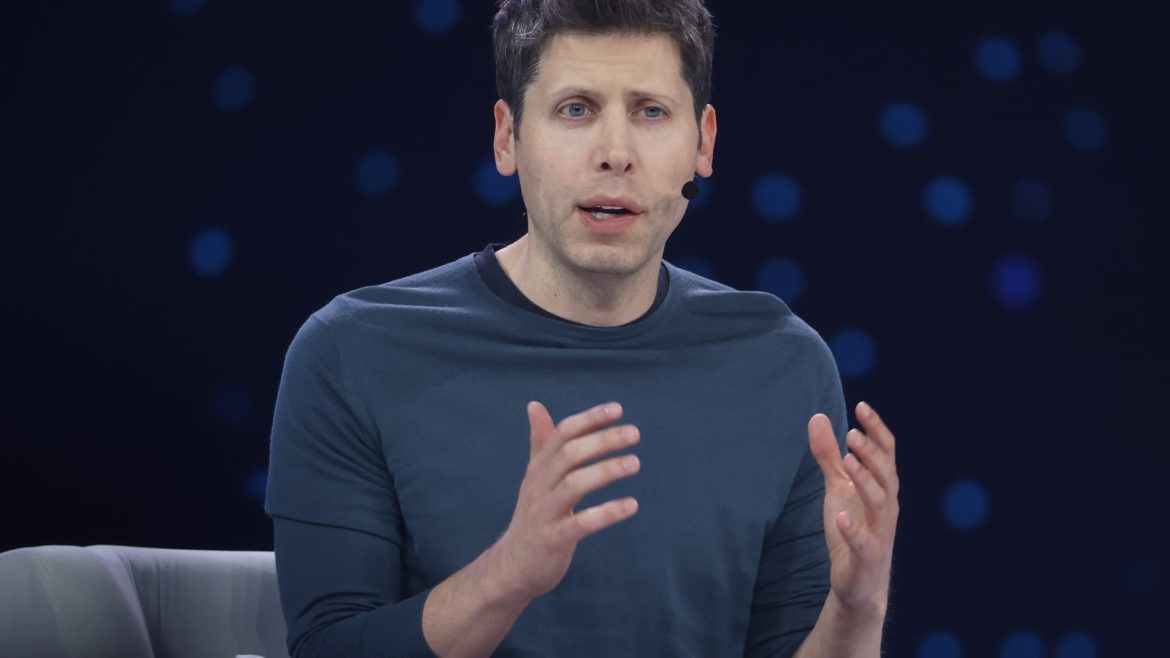Navigating OpenAI’s Landmark $200 Million U.S. Defense Contract
OpenAI’s latest achievement—a $200 million contract awarded by the U.S. Department of Defense (DoD)—marks a significant turning point in the intersection of advanced artificial intelligence and national security. This expansive partnership signals both the Pentagon’s increasing reliance on AI technology and OpenAI’s growing footprint within defense tech.
The Contract Overview: Scope and Intent
The DoD’s award to OpenAI Public Sector LLC tasks the company with developing cutting-edge AI tools tailored to national security challenges. With a one-year term and $200 million budget, this contract focuses heavily on prototype development of “frontier AI systems.” These advanced AI capabilities are expected to enhance defense operations, including systems integration, threat detection, and autonomous decision-making. Most work will be centered in the Washington, D.C. area, reinforcing close collaboration with military agencies.
Integration with Anduril: The Counterdrone Frontier
Central to OpenAI’s defense engagement is its partnership with Anduril Industries, a rising defense technology startup valued at approximately $14 billion. Anduril holds a $200 million Marine Corps contract for its autonomous counterdrone system, the Anvil, which OpenAI’s AI solutions will upgrade.
These efforts focus on enhancing drone defense capabilities, integrating AI to bolster detection, classification, and neutralization of drone threats. By embedding OpenAI’s models into Anduril’s platform, the collaboration aims to create more adaptive, effective countermeasures against increasingly sophisticated aerial threats on the battlefield.
Strategic Significance: AI in Military Operations
This contract underscores a broader shift within the defense sector toward embracing AI-driven innovation. Modern military operations are data-intensive and time-sensitive, rendering traditional systems less effective. AI offers predictive analytics, real-time threat assessment, faster decision cycles, and autonomous action—all vital in complex operational environments.
OpenAI’s work with the Pentagon positions the company as a key player in national security innovation, transforming how defense systems leverage machine intelligence. This partnership opens pathways for future collaborations that could redefine warfare and defense logistics, combining AI’s computational power with military precision.
Implications for the Tech and Defense Industries
The OpenAI-DoD deal reflects a growing trend where large AI firms collaborate directly with defense contractors. The tech industry’s foray into defense applications has long been debated; this contract exemplifies a mature embrace of defense needs while showcasing the militarization of leading-edge AI technology.
Furthermore, the integration with Anduril highlights a strategic layering of capabilities: OpenAI brings world-class AI research and model development, while Anduril offers hardware and domain expertise in defense systems. This symbiosis could accelerate the deployment of AI-powered defense solutions, emphasizing scalability and operational readiness.
Challenges and Ethical Considerations
This partnership inevitably raises questions about the ethical use of AI in military contexts. The dual-use nature of AI technologies—civilian and military—poses challenges in governance, transparency, and public trust. Ensuring accountability and adherence to international laws regarding autonomous weapons will be crucial as these technologies evolve.
Moreover, the rapid militarization of AI underscores the need for robust, interdisciplinary oversight to balance innovation with safety and strategic stability in global security.
OpenAI’s Broader Strategic Trajectory
Winning this defense contract aligns with OpenAI’s broader ambitions and financial growth expectations—expecting $200 million revenue in the near term and up to $1 billion next year. Their increasing portfolio in national security coincide with other strategic investments and acquisitions, solidifying OpenAI’s role as a transformative AI leader across sectors.
Conclusion: A Defining Moment in AI and Defense Collaboration
The $200 million contract awarded to OpenAI by the U.S. Department of Defense is more than a financial milestone; it represents a pivotal evolution in how artificial intelligence will serve national security interests. The partnership, especially through integration with Anduril’s counterdrone technology, exemplifies the future battlefield driven by AI precision and autonomy.
As OpenAI continues to pioneer AI’s military applications, this move signals a broader industry trend towards embracing AI’s potential in defense, while navigating the complex terrain of ethical responsibility and operational effectiveness. This contract marks the dawn of a new age—where AI innovation and defense strategies merge to redefine the future of national security.





